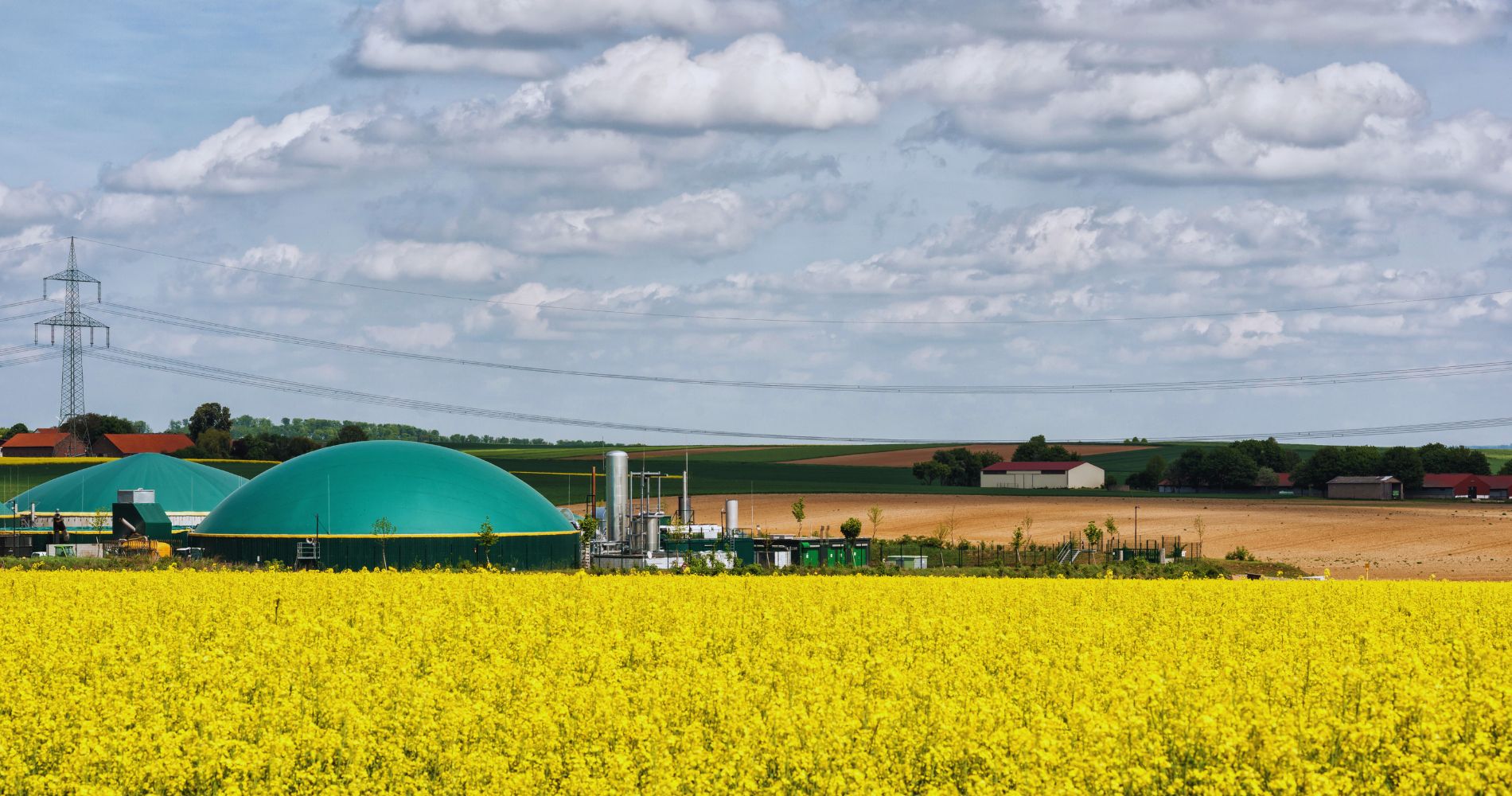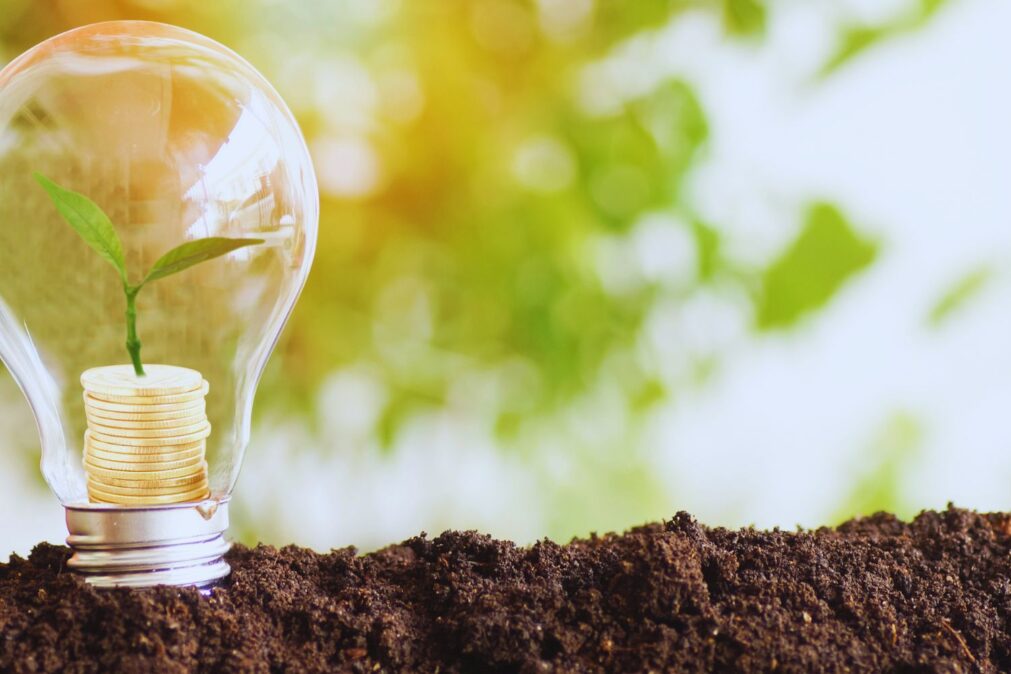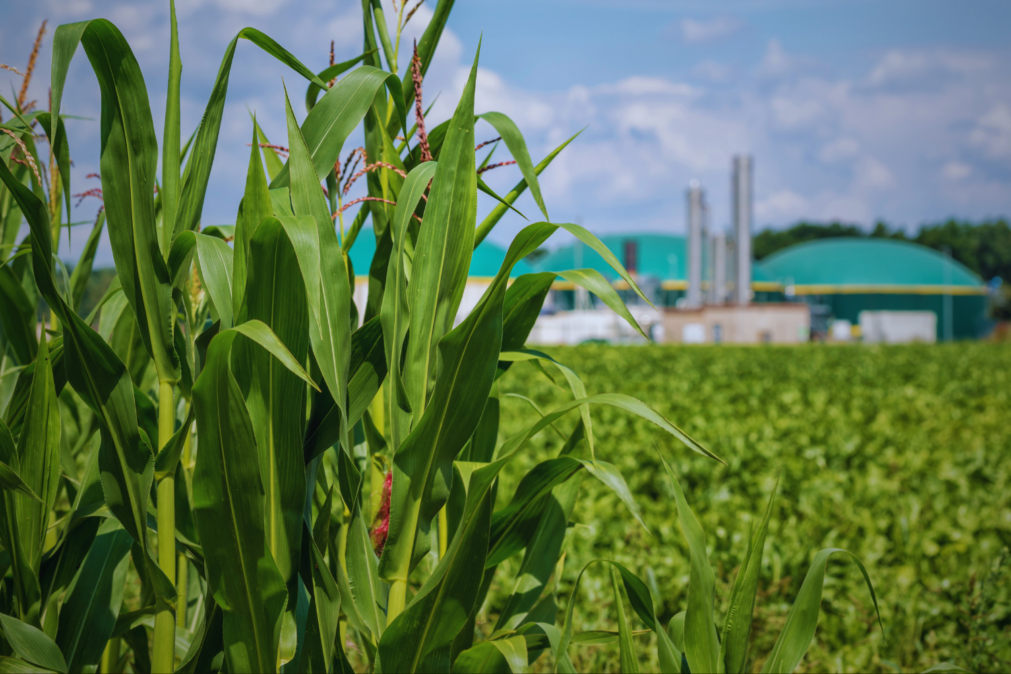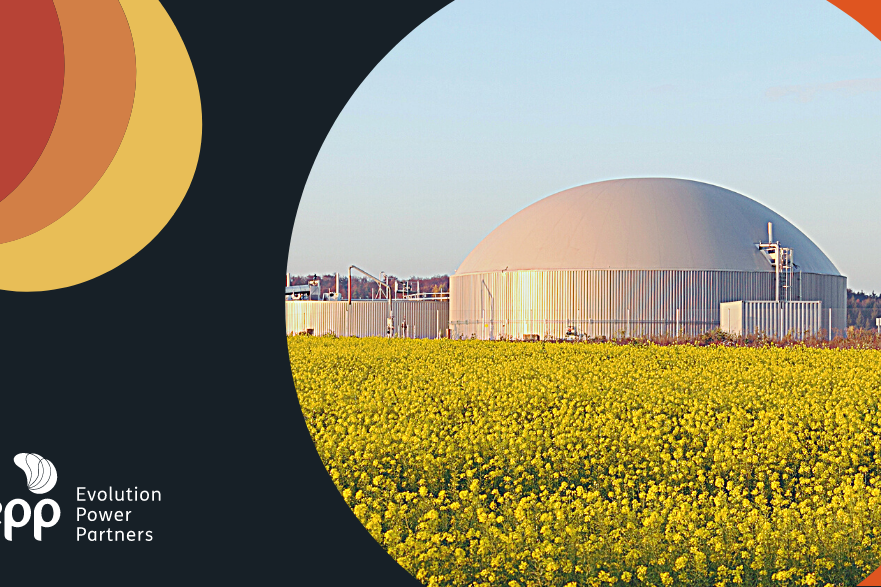A new Brazilian study highlights the country’s potential to offer innovative solutions for combating climate change, aligning with a growing wave of global investments and initiatives focused on sustainability and the energy transition.
In a global climate emergency scenario, a recent report entitled “Brazil’s Climate and Nature Solutions”, released by major Brazilian institutions, outlines paths for decarbonization and attracting investments. The document, which will serve as one of the pillars for Brazil’s participation in COP30 in Belém in November 2025, catalyzes the discussion on how local actions can drive the global climate agenda.
The study categorizes solutions into three stages: mature (already widely adopted), emerging (with expansion potential), and promising (in early development stages). This approach reflects the complexity and diversity of challenges and opportunities in transitioning to a low-carbon economy.
Energy Transition: The Engine of Global Change
The energy sector is one of the pillars of the transition, with Brazil already standing out for its use of renewable sources. Globally, investment in the energy transition reached USD 1.8 trillion in 2023, a 17% increase, surpassing investment in fossil fuels.
Global renewable energy capacity continues to expand rapidly, with projected growth of 107 GW in 2024, driven mainly by solar photovoltaic and wind power. The IEA forecasts a 2,400 GW increase in renewable capacity between 2023 and 2028, with solar and wind accounting for 95% of this growth.
In the field of biofuels, the Brazilian report highlights ethanol and biodiesel as mature solutions. Globally, the production of Sustainable Aviation Fuel (SAF) is expected to triple in 2024, although it still represents a small fraction of total aviation fuel consumption. The International Air Transport Association (IATA) estimates that SAF production will reach 1.5 million tonnes in 2024. The global biofuels market, including ethanol and biodiesel, is projected to grow from USD 130 billion in 2023 to USD 160 billion by 2028.
Biogas and biomethane are highlighted as emerging energy solutions. The IEA identifies biomethane as a promising route to decarbonize hard-to-abate sectors, with a global production potential of up to 400 billion cubic meters per year.
Sustainable Agriculture: Solutions in the Field
In the agricultural sector, the restoration of degraded pastures is a promising solution. Brazil has around 90 million hectares of pastures with some level of degradation, and restoring these areas could sequester between 0.3 and 0.4 tonnes of carbon per hectare annually, totaling about 36 million tonnes of carbon absorbed per year in the country. Globally, there are an estimated 500 million hectares of degraded pastures, with significant carbon sequestration potential if restored, possibly capturing between 0.3 and 1.5 tonnes of carbon per hectare per year.
Regenerative agriculture, which focuses on soil health and biodiversity, is gaining traction globally as a strategy to sequester carbon and enhance climate resilience. Studies indicate that regenerative farming practices can sequester between 0.5 and 3 tonnes of carbon per hectare annually, depending on climate and soil type.
Forests: Guardians of Carbon
Forest protection and restoration are crucial for climate mitigation. Although global deforestation remains a concern, with the loss of 3.7 million hectares of tropical primary forests in 2023, global reforestation and forest restoration initiatives aim to plant trillions of trees to combat climate change and restore ecosystems. Restoring 350 million hectares of degraded landscapes by 2030, under the Bonn Challenge, could sequester up to 13–26 gigatonnes of CO2.
Circular Economy: Reduce, Reuse, Recycle
The circular economy, which seeks to reduce waste and maximize resource use, is still nascent in Brazil but with rising initiatives. Globally, the circular economy is gaining momentum, although the plastic recycling rate remains low, estimated at around 9% of total plastic waste generated. However, the global plastic recycling market is expected to grow from USD 45 billion in 2023 to USD 65 billion in 2028, driven by investments in infrastructure and technology.
Carbon Market and Financing: Challenges and Opportunities
The global carbon market value reached a record USD 948 billion in 2023, driven primarily by emissions trading systems (ETS). The voluntary carbon market, although smaller, is growing and becoming more professionalized, with increased demand for high-quality credits. Regulation and standardization are key challenges for the growth and credibility of this market.
COP30 in Belém, in November 2025, is seen as a crucial moment to advance global climate negotiations, especially on issues like financing and adaptation. The choice of Belém highlights the importance of the Amazon and Brazil’s role in discussions about forests and biodiversity. The event is expected to drive the implementation of more ambitious climate goals and mobilize resources for developing countries.
The synergy between Brazil’s proposed solutions and global efforts demonstrates that collaboration and investment in innovation are essential to tackle the climate crisis and build a more sustainable future for all.






